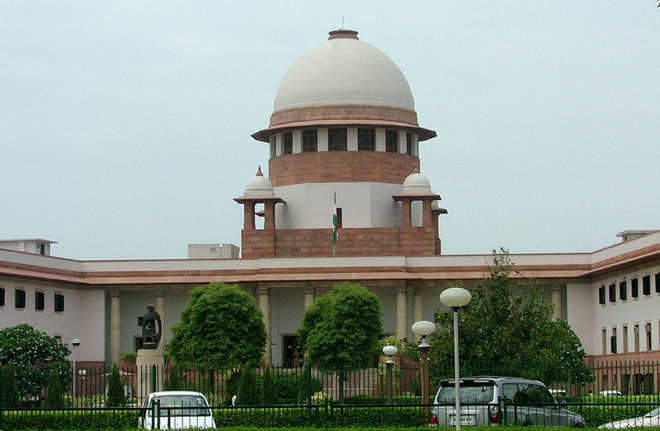
Thursday’s Supreme Court judgment declaring privacy a fundamental right gives the citizen a little more space to breathe. Overturning the two previous judgments on the issue, the apex court has provided the citizen protection against surveillance by the State. It has put limits on the might of an ever-expansionist and overbearing State. Even though a dilatory and expensive justice system is a deterrent to seeking redress of rights violations, the significance of the apex court’s ruling cannot be underestimated. In the prevailing circumstances, it is overwhelming. In no uncertain terms the judiciary has told the executive to be a little more respectful of individual rights, including the right to privacy. The verdict is obviously a rebuff to the Modi government, which had contended before the court that the right to privacy could not be extended to “every aspect” of privacy. Attorney-General KK Venugopal had argued that privacy at best was a “sub-species of liberty and every aspect could not qualify as being fundamental in nature”. Before him, his predecessor, Mukul Rohtagi, had scoffed at suggestions that citizens could refuse to provide iris scans or fingerprints to the government, saying “the concept of absolute right over one’s body is a myth”. Of course, every right is subject to “reasonable restrictions”. Whether the contested act of seeking personal details for the issuance of Aadhaar violates the right to privacy will be judged separately by another Bench of the Supreme Court. The issue of privacy violation rose over the State diktat to citizens to provide the State agencies personal information for Aadhaar. Started as a well-meaning digital initiative to make welfare and subsidy payments transparent, Aadhaar has been made mandatory for a host of other activities, including financial transactions, bank and mobile accounts, and filing of tax returns. The pervasive fear is the Modi regime may misuse personal information to target opponents, or deny benefits to “undesirables”, apart from the under-played threat of pilferage of data. After yesterday’s judgment, the government will have to do a rethink. It will have to convince the court that forcing citizens to give fingerprints and iris scans does not violate the right to privacy.
